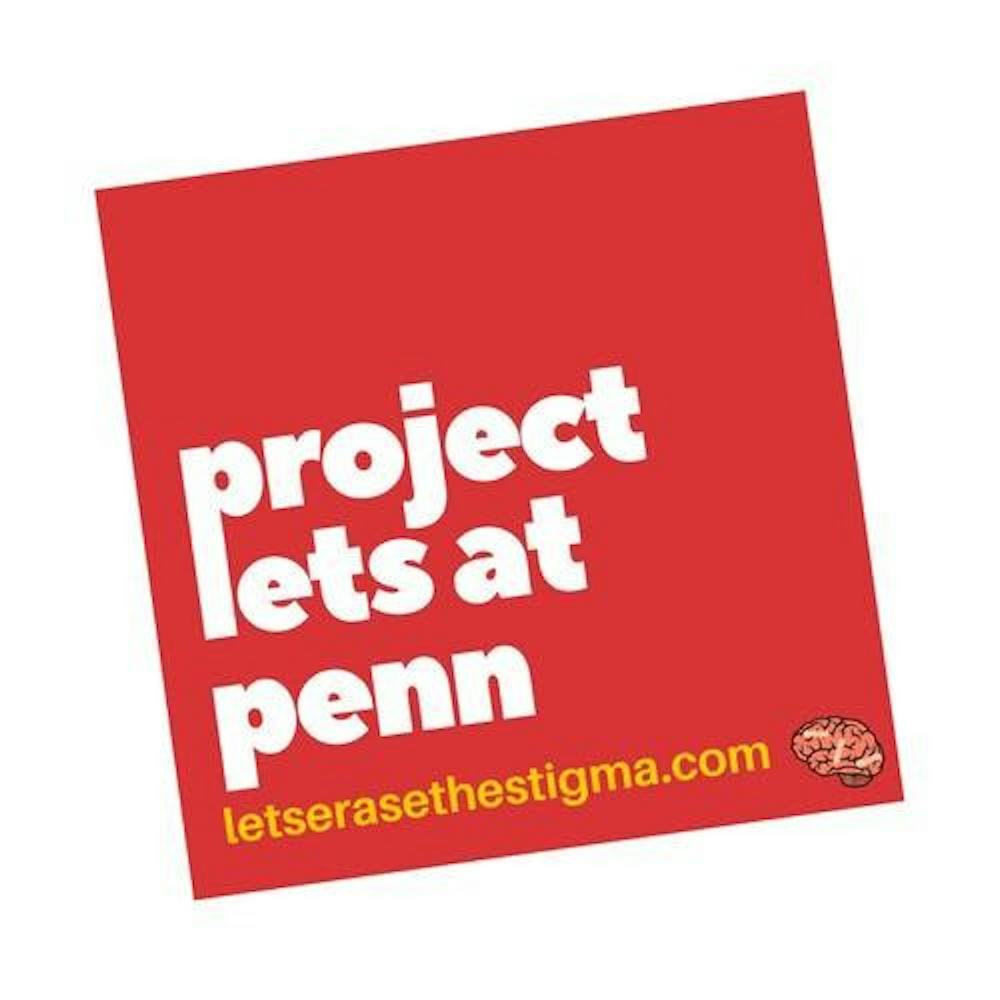Fourteen Penn students have died by suicide since 2013, and many more have said they face various issues around mental health on campus. While more resources are being made available to them, the stigma around mental illness continues to persist at this university.
The Penn chapter of Project Let’s Erase the Stigma, or Project LETS, aims to change that. The group wants to provide a support network for students who have personal experience with mental illness and all of their members have faced challenges in their own mental health.
The group hosts panels that illuminate the prevalence of mental illness in the student body, provide suggestions for resources on campus, and matches peers with members who share their experience or elements of their background. Lauren Drake (SEAS ’20), the group’s co–founder, defines Project LETS as “an inclusive community for any folks with lived experience with mental illness.” She stresses the emphasis on “lived experience, rather than one of just a peer or a professional role.”
In a panel titled “A Conversation with Suicide Attempt Survivors," a group of students recounted some of their most vulnerable, painful moments with the aim of helping others. They also discussed treatment resources and ways to identify a peer who may be struggling with suicidal thoughts. It was empowering to see students speak so frankly about their moments of vulnerability, particularly on a campus like Penn's.
The panel encouraged other survivors to share their personal stories and the two students behind Project LETS led by example:
Lauren explained that she established Penn’s chapter of Project LETS in the fall of 2017 with Rylee Park (C ’20). One of their signature programs is the Peer Mental Health Advocate (PMHA) program, which trains students and matches them with peers who share similar struggles. They are working to become a center of advocacy on Penn’s campus by hosting monthly panels and regular workshops. When I asked them what Penn was lacking, their answers converged into one theme: transparency.
They pointed out that many of the policies that Penn has for students who are affected by mental illness aren’t readily accessible. Every student advisor is supposed to be a resource to help that student get academic accommodations that can make Penn more manageable, from allowing more excused absences to distraction–free testing environments. But the leaders of Project LETS say that they've found that many students find that their advisors inaccessible.
To improve the culture on campus, community leaders have to take a pre-emptive approach, Rylee says. As a community, “we should be able to acknowledge, no matter how someone is performing on the outside, they can still be struggling,” she explains. In a high–stress, high–stakes environment, everyone must be accountable for improving the mental wellness across campus.
Project LETS provides answers and support in a way that the University can't. By keeping the group independent from the University, Project LETS aims to fill a gap that existing administrative infrastructure cannot cover, Lauren and Rylee say.
Project LETS has open meetings every Sunday at 2 p.m. in JMHH F86 where they discuss the best avenues for providing support to each other, either by bringing more opportunities for education to campus and creating panels that address uncomfortable conversation topics. They will welcome any individual struggling with mental wellness with “open arms,” say Rylee and Lauren.







